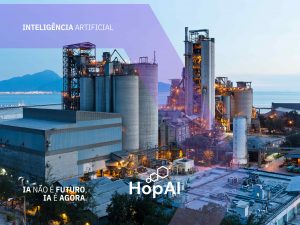Artificial intelligence (AI) has been one of the most impactful and transformative technologies of the 21st century. With the rapid advancement of technology, AI has become increasingly present in our lives, bringing with it a series of challenges and opportunities.
But after all, what is AI that we hear so much about nowadays???
AI, an acronym for Artificial Intelligence, is a field of computer science that seeks to develop systems or machines capable of performing tasks that normally require human intelligence. Artificial intelligence can involve the creation of algorithms and mathematical models that allow computational systems to perform tasks such as pattern recognition, learning, decision making, natural language understanding, image processing, among others.
In this article, we will explore the main challenges and opportunities associated with AI in the 21st century.
Artificial Intelligence Challenges
Among the many challenges of AI in the 21st century, we can mention:
- Security and privacy: AI handles large amounts of sensitive data, which can result in security risks and privacy breaches. It is necessary to ensure that AI systems are protected against cyber threats and that data privacy is preserved in accordance with applicable regulations and standards. Data protection is critical to ensuring public trust in AI and preventing the misuse of sensitive information.
- Ethics and accountability: AI raises complex ethical issues, as AI systems can make autonomous decisions without direct human intervention. This raises concerns about the proper use of data, privacy, transparency and accountability for the results generated by AI systems. It is critical to ensure that AI is developed and used ethically and responsibly, taking into account social, cultural and political impacts.
- Discrimination: AI systems can be susceptible to and discrimination, as they are fed with data collected from society, which may contain implicit biases. This can result in discriminatory and unfair decisions in areas such as recruitment, lending, criminal justice and other applications. Addressing this challenge is critical to ensuring that AI is impartial and fair, taking diversity and inclusion into account in its development and application.
- Impact on jobs and the economy: AI-powered automation could have a significant impact on the job market, replacing some human jobs and changing economic dynamics in many industries. While AI can also create new job opportunities in areas related to technology and data management, it is important to consider the social and economic implications of AI, including reskilling affected workers and finding solutions to minimize negative impacts.
- Regulation and governance: The rapid evolution of AI has raised regulatory and governance issues, with the need to establish appropriate policies and standards for the development, use and accountability of AI. The lack of adequate regulation can lead to potential abuses and unintended consequences, such as the misuse of information, the spread of misinformation and the violation of human rights. It is essential to establish adequate regulation that promotes transparency, accountability and ethics in the application of AI.
Artificial Intelligence Opportunities
Among the numerous opportunities of AI in the 21st century, we can mention:
- Scientific and technological advances: AI has the potential to drive scientific and technological advances in several areas, including medicine, agriculture, transportation, energy, environment, among others. Through the use of algorithms, machine learning advances, and large-scale data analysis, AI can help accelerate new drug discovery, optimize agricultural production, improve energy efficiency, predict natural disasters, and much more. This opens doors to the development of innovative solutions to complex societal problems and provides opportunities to improve people’s quality of life.
- Automating repetitive and dangerous tasks: AI can automate routine and dangerous tasks, reducing the human workload in monotonous, dangerous or high-risk activities. This can improve worker safety in sectors such as manufacturing, construction, mining and transportation, allowing humans to focus on more creative, strategic and value-added activities.
- Improving healthcare: AI has the potential to revolutionize the healthcare industry, with applications such as AI-assisted medical diagnosis, patient monitoring, personalization of treatments, and analysis of massive volumes of clinical data. This can lead to improved diagnostic accuracy, more effective treatments, reduced medical errors and better patient care.
- Advances in mobility and transport: AI can transform the way we move and transport, with the development of autonomous vehicles, optimization of transport routes, traffic management, demand forecasting and improvement of energy efficiency in transport systems. This can result in a reduction in traffic accidents, less congestion, more efficient use of resources and lower greenhouse gas emissions.
- Personalization and User Experience: AI can improve the user experience across a variety of products and services by providing personalized recommendations, intelligent virtual assistants, more efficient customer service, and intuitive user interfaces. This can result in an improved user experience, greater customer satisfaction and brand loyalty.
- Advances in research and innovation: AI can accelerate research and innovation in diverse fields such as science, engineering, design and art. With the ability to analyze large amounts of data, create simulation models and generate valuable insights, AI can help identify new patterns, optimize processes and generate creative ideas, driving innovation in various areas of knowledge.
Conclusion
AI has its challenges which include the need to ensure that decisions made by algorithms are transparent and fair, as well as ensuring data privacy and security are protected. Another concern is the potential impact of automation on the workforce, with possible displacements and changes in labor market dynamics. Proper regulation and governance are also needed to ensure responsible use and prevent abuse.
On the other hand, the opportunities are vast and promising. AI can be a powerful tool to solve complex problems, improve process efficiency, optimize resources and improve people’s quality of life in areas such as health, transportation, agriculture, industry, among others. Furthermore, AI can spur innovation, drive scientific research and open new frontiers in areas such as robotics, virtual reality, machine learning and more.
Hop AI, as a consultancy specializing in AI, is the solution to address these opportunities and face these challenges. With a team of experts and an innovative approach, Hop AI can help design, implement and optimize AI solutions that maximize efficiency, overcome obstacles and deliver tangible results, thus shaping the market of health, education, among others.




